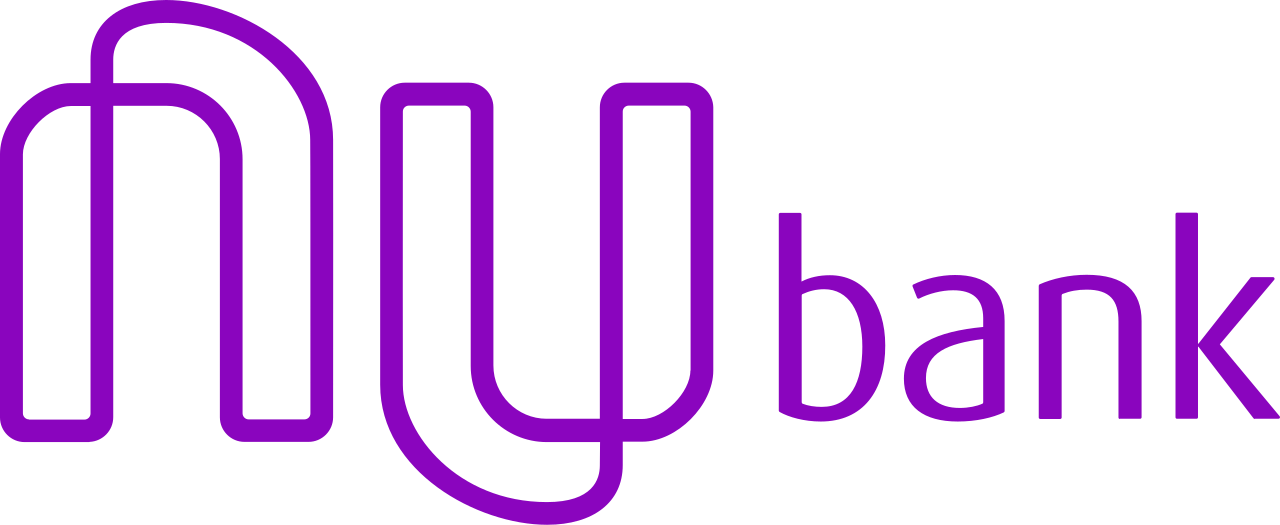Lloyds Bank has announced the completion of a series of "landmark digital transactions" that have featured the secondary participation in an accepted digital bill of exchange (DBE).
The process, which was completed in partnership with FinTech lender Mercore, allows businesses who are not using electronic trade documents to enter into secondary participations.
Lloyds says that the transactions, which were facilitated using technology from Enigio, are believed to be the first of their kind, representing a milestone in trade distribution with significantly reduced deal completion times.
Traditionally, secondary purchases of bills of exchange in trade finance have relied on physical paper instruments.
The bank said that digital trade documentation significantly speeds up the completion of secondary transactions, reducing transaction times from days to – in some cases – a matter of hours.
The trades involved shipments of sugar by Mercore’s client from Central America to a longstanding client of Lloyds in the UK.
These were underpinned by a DBE which was drawn by the exporter and accepted by the importer.
On confirmation of acceptance by Lloyds, Mercore funded the transaction against the DBE, with Lloyds participating in the transaction from Mercore under a Master Participation Agreement, allowing increased liquidity for the transaction flow.
“Our investment in trade innovation is continually unlocking new and impactful solutions to support our clients’ trading ambitions," said Surath Sengupta, head of trade and working capital, Lloyds Banking Group. "We have previously showcased digital flows for primary transactions, and this latest trade is a great example of our technological solutions in action in the secondary market space.
“Combined with continued uptick in the use of digital negotiable instruments to deliver trade financing, a vibrant digital secondary market could help extend the funding of cross-border trade, helping more businesses around the world trade more efficiently.”
Anthony Wadsworth-Hill, co-founder & deputy chief executive at Mercore said that the move is key to driving improved financial inclusion for aspiring businesses.
“By combining Mercore’s and Lloyds’ respective areas of client coverage, while leveraging the benefits of digital innovation, we are able to improve the amount of financing available, and the speed of funding for both new and existing commercial trade flows," continued Wadsworth-Hill.
The trades follow a series of other "world-first" transactions completed by Lloyds and Mercore in October 2024. These included the first transactions under the ITFA’s Digital Negotiable Instrument (DNI) initiative to feature a node-to-node transfer of a digital trade document between two financial institutions, as well as the first to involve the handling of a DNI between two financial institutions each facing off to an importer or exporter, known as “Four-Corner” transactions.
Latest News
-
Italian authorities investigate Meta over WhatsApp AI integration
-
Global IT security spending to hit $213bn in 2025, finds Gartner
-
Klarna granted UK EMI licence
-
Tesco expands data collaboration partnership to boost personalised ads
-
Google launches AI Mode search in UK
-
Co-op adds solar panels to biggest distribution centre
Bringing Teams to the table – Adding value by integrating Microsoft Teams with business applications
A decade ago, the idea of digital collaboration started and ended with sending documents over email. Some organisations would have portals for sharing content or simplistic IM apps, but the ways that we communicated online were still largely primitive.
Automating CX: How are businesses using AI to meet customer expectations?
Virtual agents are set to supplant the traditional chatbot and their use cases are evolving at pace, with many organisations deploying new AI technologies to meet rising customer demand for self-service and real-time interactions.
© 2019 Perspective Publishing Privacy & Cookies





.png)






Recent Stories